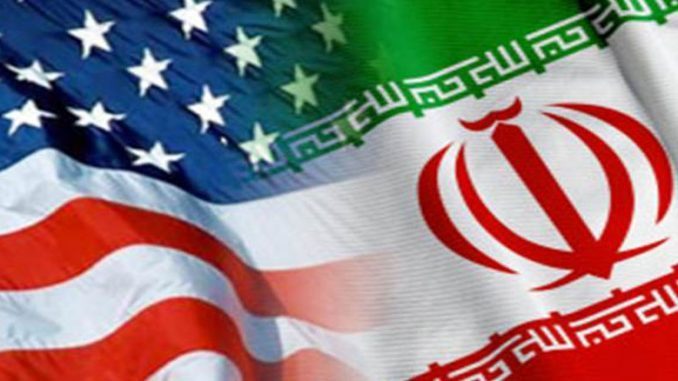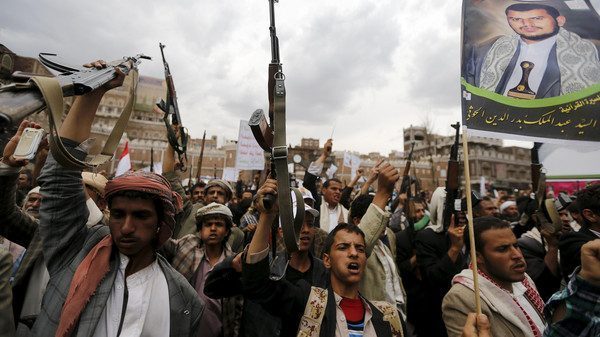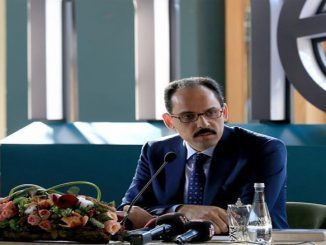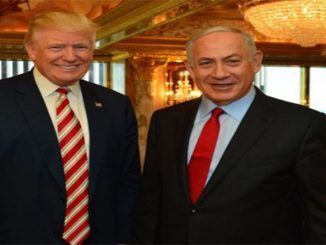
President Trump, starting from his presidential campaign, has been stating that the nuclear deal with Iran was wrong and that if he got elected, he would withdraw the U.S. from this agreement. Trump’s aggressive policy got the biggest support from Israeli President Benjamin Netanyahu. Netanyahu, who criticized the Obama administration for signing the deal, has been campaigning to shape the public opinion for the withdrawal from the deal the U.S. signed with Iran. The Trump administration was also eager to do withdraw from it, and thus things developed fast, and we came to the point we stand at today.
The step taken by the U.S. government is not welcomed, especially by European leaders. Since the effects of the marginalization of Iran, which is in the European periphery, is felt first in Europe, European leaders defend a healthy inclusion of Iran into global politics.
On the other hand, while the embargo imposed on Iran is creating weaknesses among the reformist wing that seeks rapprochement with the Western world, it plays into the hands of those who want to isolate the country and turn it into a kind of war machine.
It is possible to observe this by looking at the ruling elite of Iran. An example may make things clearer in this framework. Javad Zarif, who has been the foreign minister of Iran, is a good diplomat. Zarif, who graduated from Colorado University, is an important face of the reformists, however his power has dramatically weakened over the last two years.
Despite this, there is someone getting much stronger: Akbar Velayati, who has been the advisor of the religious leader of Iran Ali Khamenei in the issues regarding foreign policy. The defiance of the West against Iran, especially the decisions the Trump administration has made against Iran, give strength to Velayati and caused the weakening of an expansionist and pragmatist approach in the foreign policy of Iran which was symbolized in the persona of Jawad Zarif.
Velayati is actually someone who got an education in pharmacy at Johns Hopkins University in the U.S. in the 1960s. However, unlike Zarif, he has never adapted to the American lifestyle. After the Shah was toppled, he immediately joined the new government. He was working for the Foreign Ministry of Iran from 1981 to 1997.
When the reformists got elected under the leadership of Khatami, Velayati was appointed as the private counsel by Khamenei. In 2013, he became the candidate of the conservatives.
Velayati resembled the nuclear deal which is known as the Joint Comprehensive Plan of Action (JCPOA) to the agreement which resulted with the retreat of Iran from Dagestan and Azerbaijan in the 19th century. For Velayati, another problem with the deal was the fact that it doesn’t have a Farsi version. Just like it was the case in the Gulistan and Turkmenchay treaties. According to him, in both of these treaties, Iran was humiliated. Therefore, Iran needed to withdraw from the nuclear deal as well.
As Velayati’s discourse, which was based on anti-Western sentiments, came together with Trump’s decisions, there is now an environment in the country which indicates that marginalization tendencies are going to increase.
According to research carried out by University of Maryland, the support of Iranians for Javad Zarif dropped from 78 percent to 43 percent in the period from 2016 to 2017. On the other hand, the support for Qasem Soleimani and the Quds Force reached 61 percent. What is striking here is that, the discourse Velayati is using is not anti-American, it is anti-interventionist. He says: “We should not be open to the influence of Paris more than we are open to the influence of Moscow.”
Here, it can be said that there is also a third discourse that addresses the national and religious feelings of the Iranians, which has been resembled to the approach of Mussadiq, who is remembered as a national hero in Iranian history.
The projections and policies of the Trump administration regarding the region, which makes these discourses possible and legitimate, don’t always yield results in line with expectations.
The sanctions on Iran have become a typical example of this. At the end of the day, we see what the discourses, decisions and politics regarding the sanctioning of Iran made whom do.
If these final “sanctions” are imposed consciously and in the direction of a certain policy we should stop here and start to reconsider who is allied with whom and how. If not?
That’s the U.S.’s problem…

 BY: Yasin Aktay*
BY: Yasin Aktay*

